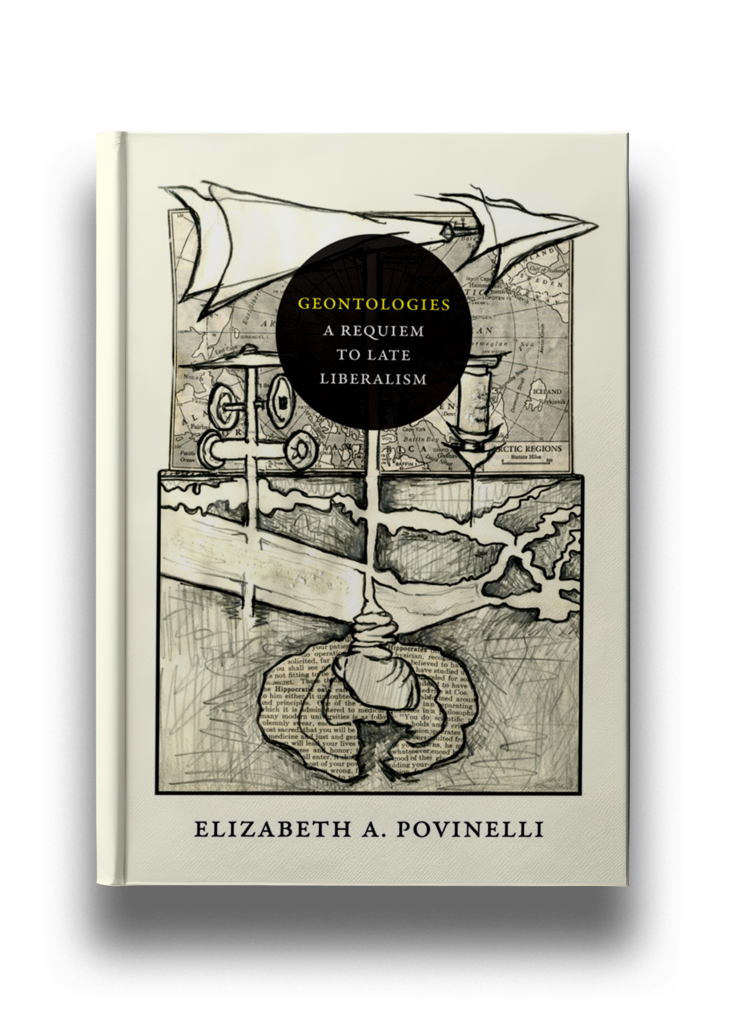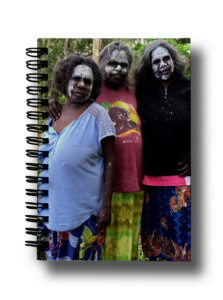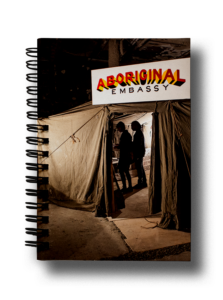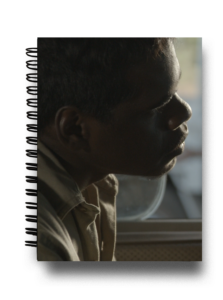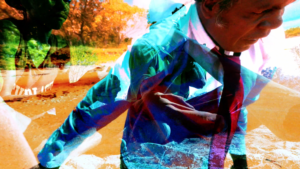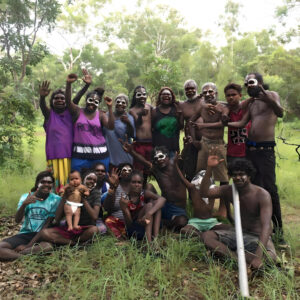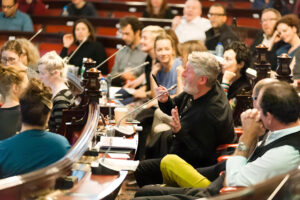Year
2016
Publisher
Duke University Press
Author
Elizabeth A. Povinelli
Annotation
Geontologies takes aim at the very root of liberal consciousness, and strikes hard. The book is the culmination of over three decades of work as an embedded and obligated member of the Karrabing Film Collective and Emmiyengal community. What anthropology historically tries to fix and observe as ‘cultural object’, Povinelli situates as ‘analytics’. From there she mixes anecdotal story-telling, real-life legal cases and artistic projects with a deft grasp of European philosophy, in attempting to offer tools by which to unravel the grip of settler governance, colonial violence and their collective deadening of the spirit. In terms of contemporary critical theory, the conceptual problems and philosophical arguments are staggeringly large. In the experiences of the contemporary Emmiyengal world, they are the day to day conditions of life.
Vivian Ziherl
As we stretch the local across these seeping transits we need not scale up to the Human or the global, but we cannot remain in the local. We can only remain hereish.
